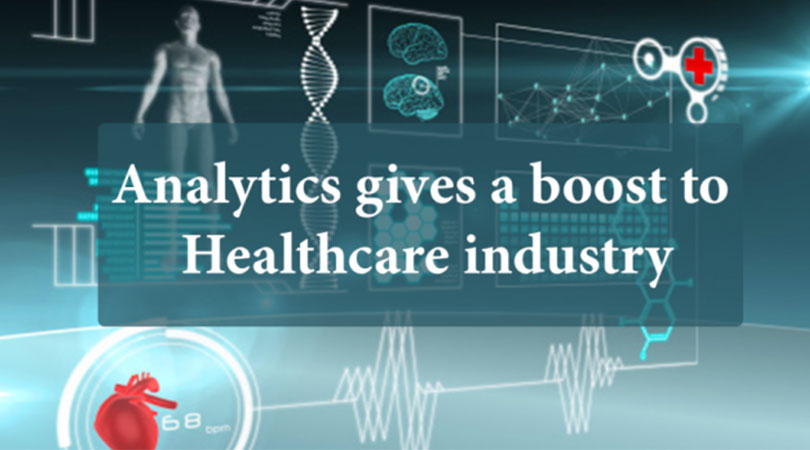According to a new report by global software major Infosys, “Cybersecurity, Big Data analytics and Artificial Intelligence (AI) are among the top technologies employed by healthcare and life sciences firms across the world”
The essential purpose of the Big Data Analytics in Healthcare report is to locate, clarify and forecast the global market considering various aspects such as application, service, solution, organization size, region, and deployment model.
Predictive analytics has played a pivotal role in reforming industries such as marketing, finance, retail, and manufacturing by aiding enterprises to understand data, analyze trends, and make cost-effective business decisions. Witnessing the tremendous success, the global healthcare industry has ventured into analytics to improve patient care, provide value-based care, and manage recourses. Reports from Global Market Insight predict that the overall healthcare analytics market will surpass $16 billion by 2024.
With the increasing amount of patient data and the surge in healthcare regulations, the industry witnessed lower productivity, decreased success rates in R&D, and unreliable diagnoses. Healthcare institutes found it redundant to rely on doctors to predict patterns and analyze health issues as it demanded time and efficiency.
Analytics was introduced to manage the diverse environment of health centrist and overcome these challenges. Firms have identified several functionalities like diagnosis, pharmacy management, supply chain, and insurance, which can benefit from predictive analytics. By integrating these functions, the healthcare ecosystem can work seamlessly as one unit and exchange information to improve care.
Analytics HealthCare Industry
Patient care can change drastically as predictive analytics increases the accuracy of diagnoses, help understand data and predict health issues and assist doctors to prescribe preventive medication. It can aid hospitals and insurance providers with predictions concerning health insurance costs, trends for new products, and opportunities to customize products according to the patients’ requirement. Analytics can also assist researchers to develop prediction models without having to go through endless case studies. Pharmaceutical companies can also benefit from analytics as it would help them meet the needs of the patients better by understanding medication consumption.
As predictive analytics is penetrating through every market, reports say that it will revolutionize the enterprise arena with game-changing insights while creating new job opportunities in the analytics domain.
The healthcare industry may be going through a seemingly endless period of flux, but there are a few unchanging truths about big data analytics that can help guide executive leaders through troubled times.
“Going forward, Big Data will transform the way healthcare industry monitors and treats patients,”











